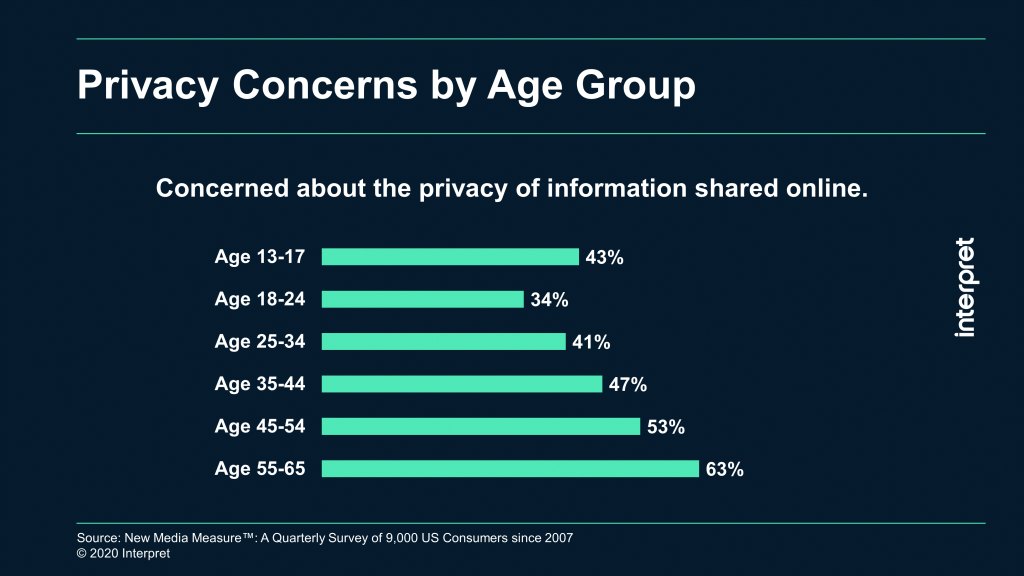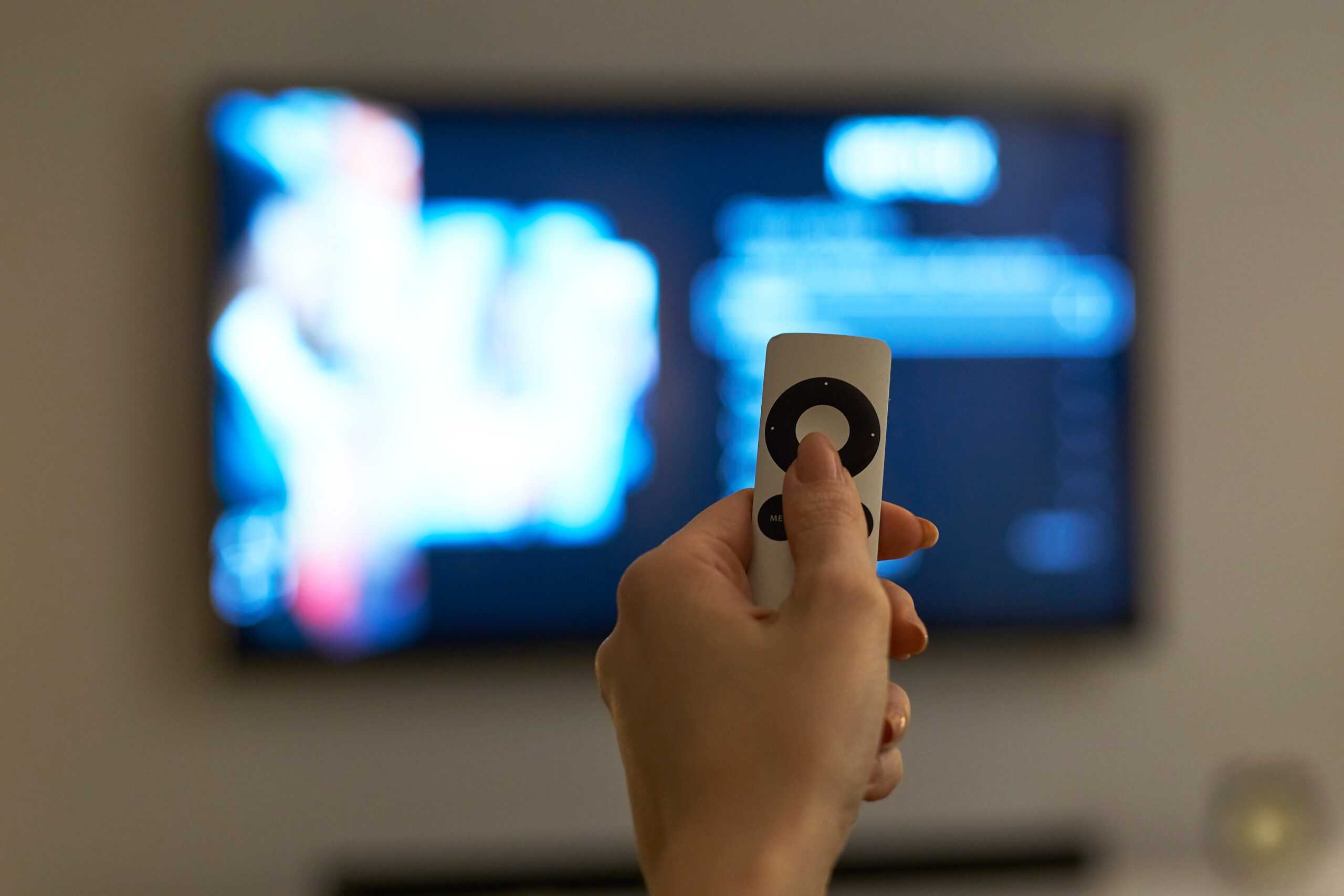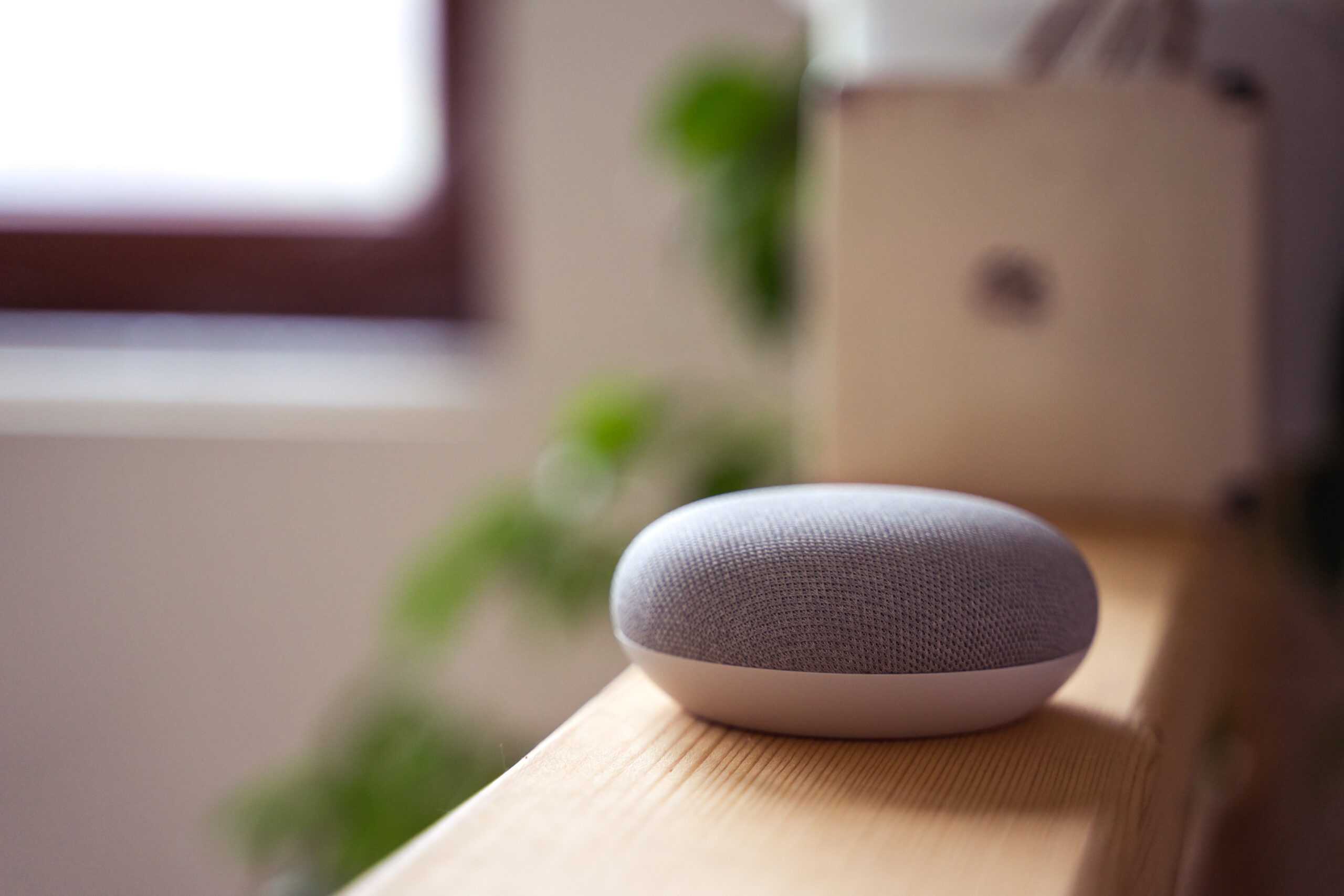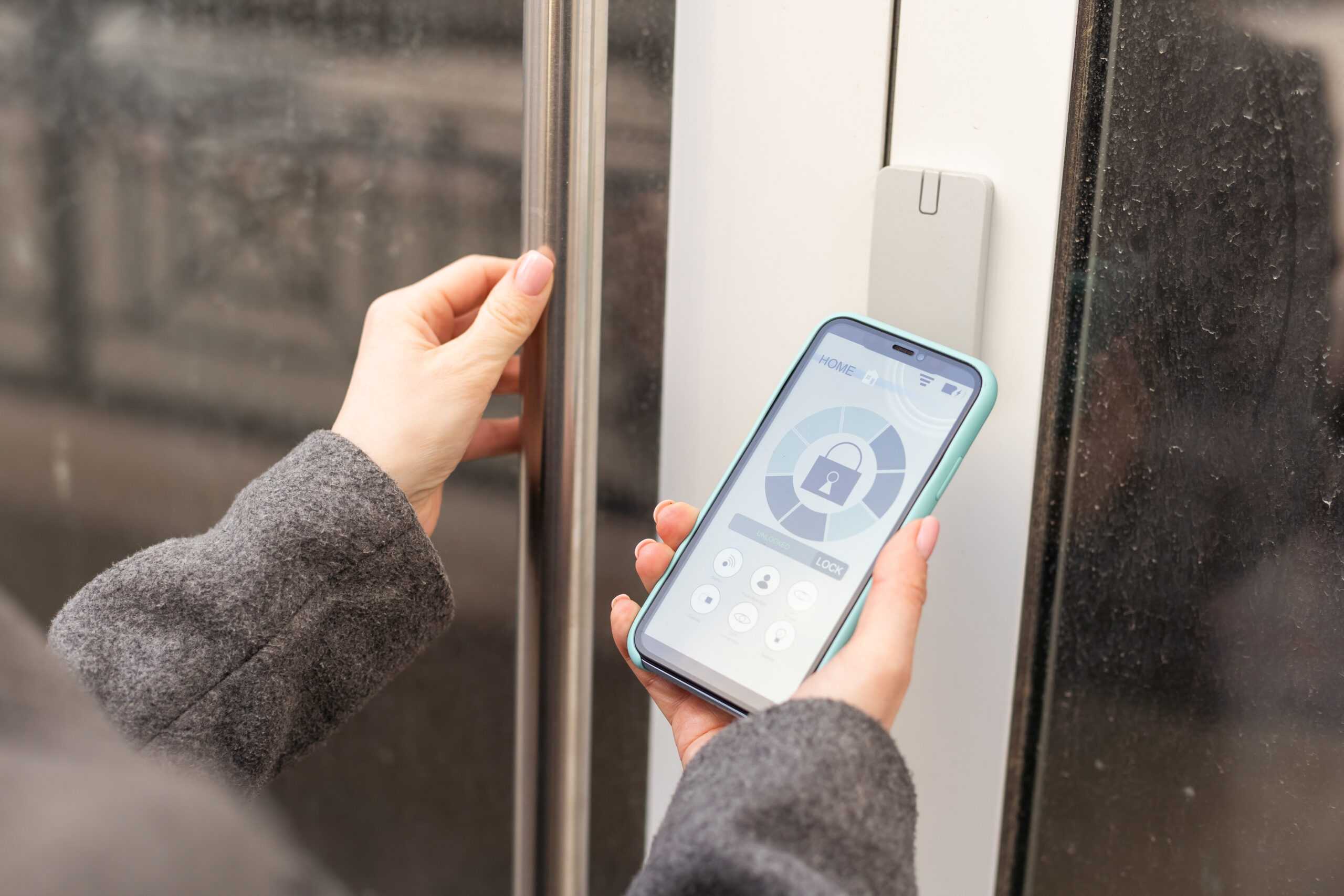Earlier this month, Amazon announced “Alexa for Residential,” a campaign designed to make it easy for apartment managers and landlords to configure Alexa-powered devices and make them permanent fixtures in housing units. According to Amazon’s own research, 84% of renters want smart home amenities and 61% are willing to pay a monthly fee for a voice assistant. This represents a sizable opportunity for the smart home industry as younger, tech-savvy renters begin leaning more heavily on smart home devices.
Amazon is assuming that outfitting apartments with smart home equipment will enhance the perceived value of a unit and increase an apartment community’s appeal. The company is also betting on renters not being concerned about privacy issues, or that their landlord may be listening in. Privacy is a major issue in the smart home market, as Interpret’s Smart Home Matrix® research indicates that nearly 50% percent of consumers are highly concerned about privacy. Moreover, our Matrix determined that first time smart home product buyers are often single women over 40 who rent their home, and are frequently more cautious about trying new technology.
“Landlords of apartment communities may find that offering Alexa is not effective at attracting the middle-aged renter, but is seen as an attractive amenity by younger renters. Our data provides a clear picture around privacy concerns, and younger renters simply don’t share the same privacy concerns as older generations,” said Stuart Sikes, SVP at Interpret.
Interpret data shows that Gen Z and Millennials have the fewest privacy concerns of any age group. Only a third of people aged 18-24 in the US are highly concerned with the data shared about them online; that figure climbs to around 41% for ages 25-34, but older brackets expressed far more concern about privacy.







